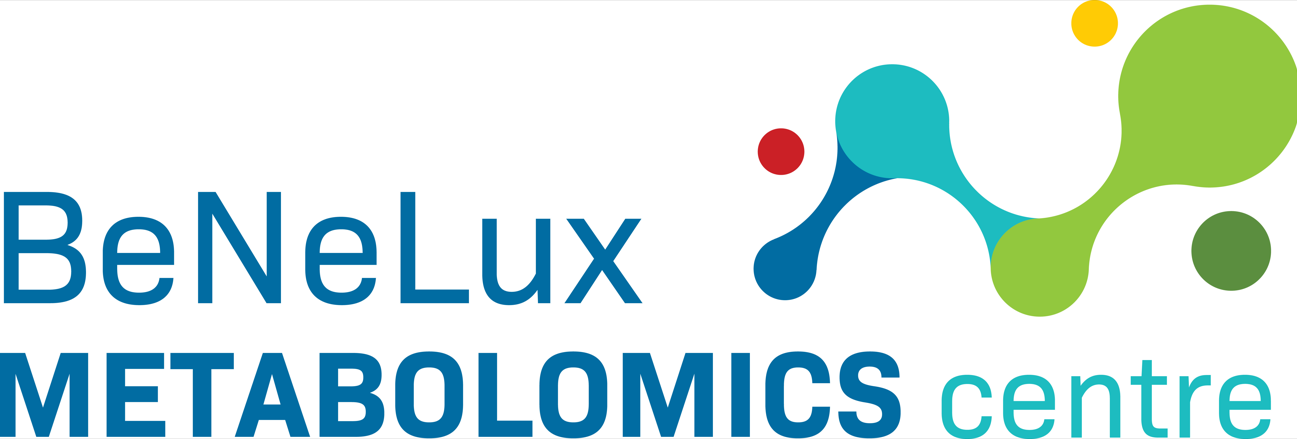This project was initiated during the start-up phase of the consortium and aims at the improvement of the quantitative aspect of LC-MS analysis for applications in the field of metabolomics. Quantitation in LC-MS, nowadays mainly using electrospray (ESI), is severely hampered by the effect of ion-suppression. In short, compounds co-eluting from the LC-System do compete for charge during the ionisation process. A well-known phenomenon, although mostly taken for granted nowadays. In this project strategies are developed to understand, minimize the effect or even to prevent ion-suppression.
From the several routes undertaken in the start-up phase, like
i) quantifying Ion-suppression by linking it to ionization efficiencies,
ii) use of isotopically labelled metabolites,
iii) improving separation by applying comprehensive multi-dimensional chromatography,
iv) the use of nano-electrospray or
v) changing to another ionization technique like Electron Impact,
resulted in a follow-up project focussing on the development of comprehensive multi-dimensional LC x LC techniques to enable quantitative and sensitive detection of target compounds
Both neutral and chargeable compounds will be studied in this project. At first a comprehensive LC x LC system will be developed focussing on the analysis of phospholipids. Group separation is accomplished by normal phase chromatography and after modulation reversed phase chromatography will be used to perform in-group separation. Practical issues like, immiscibility of solvents, irreversible adsorption of analytes due to column wall interactions, optimisation of peak capacity, temperature of elution, etc. have been tackled and the system will undergo biological demonstration early 2011.
Subsequently, the development of the comprehensive LC x LC system for the charged compounds will be started.
